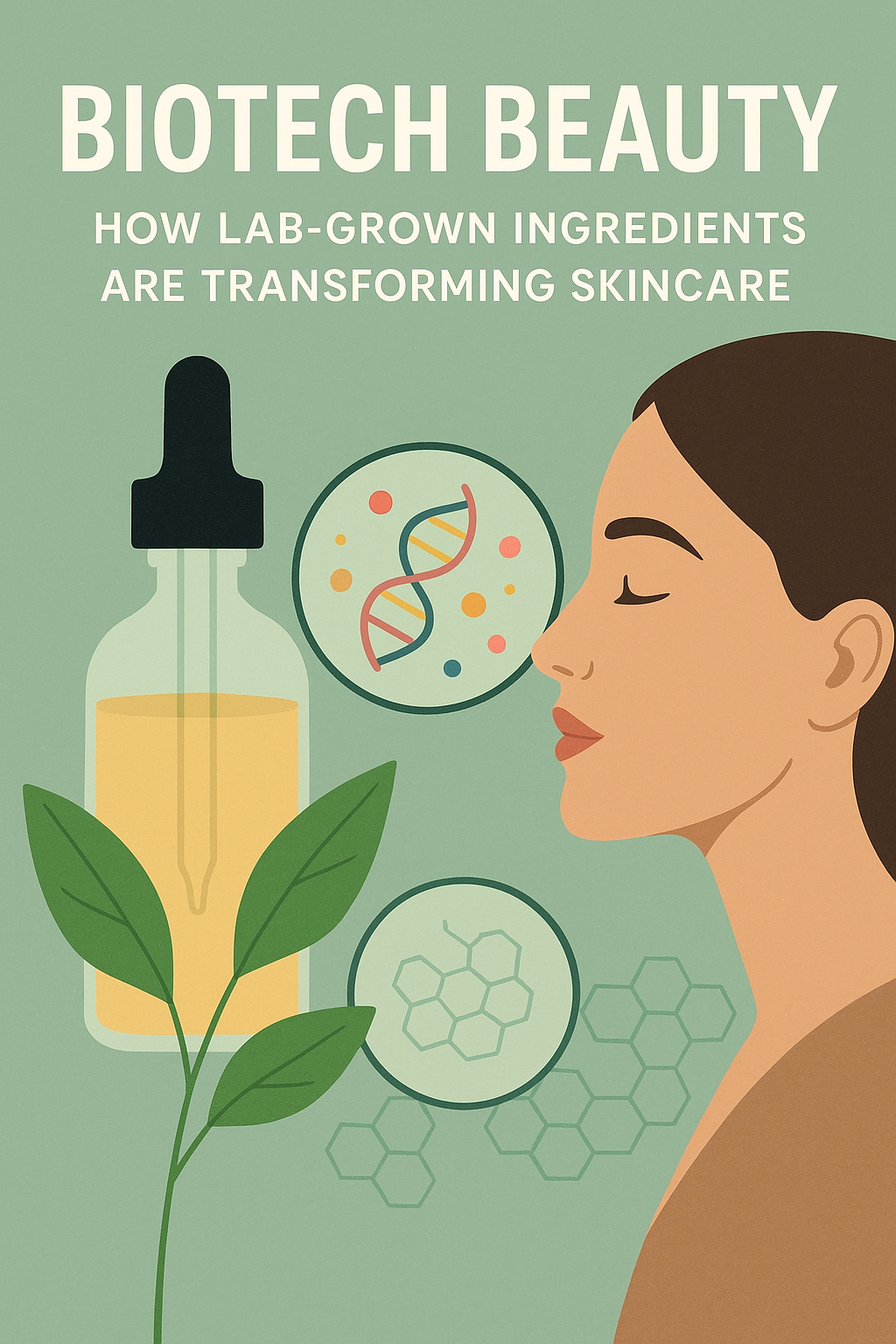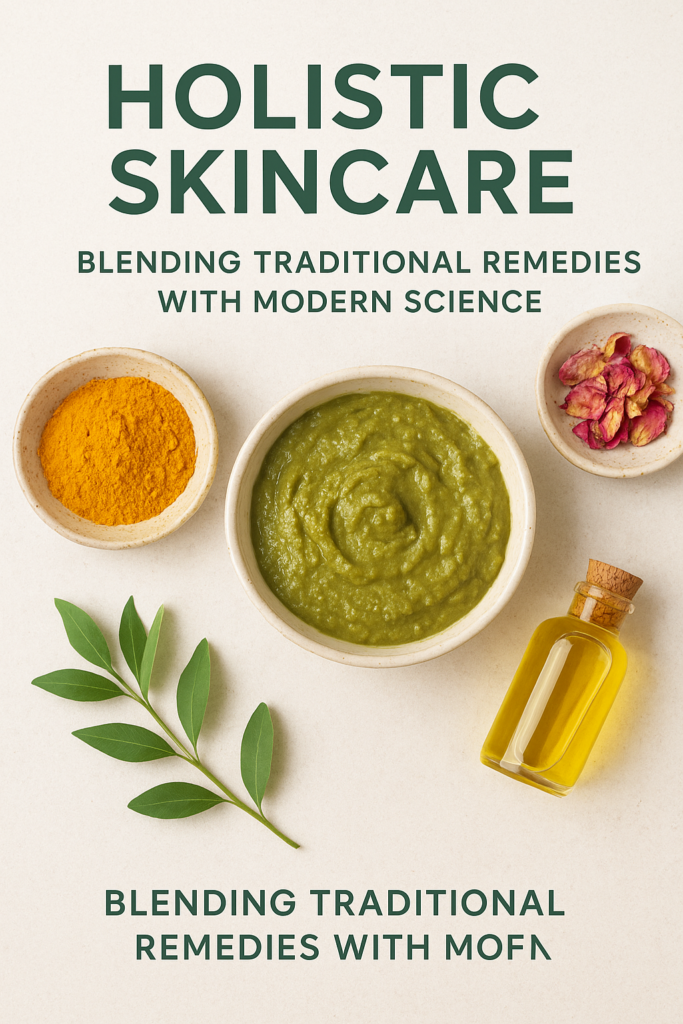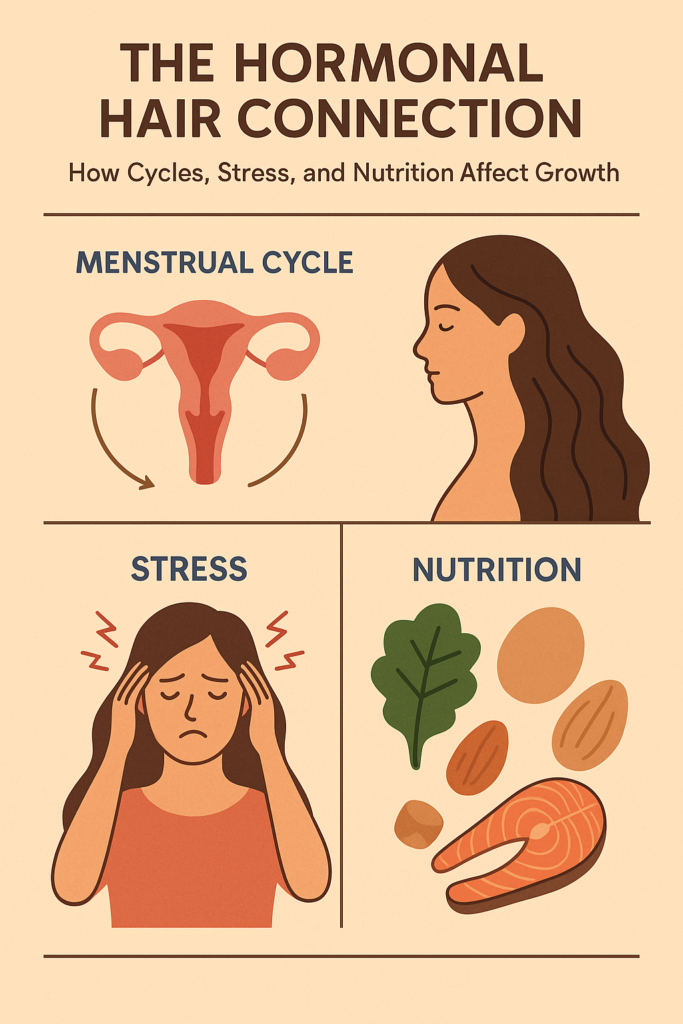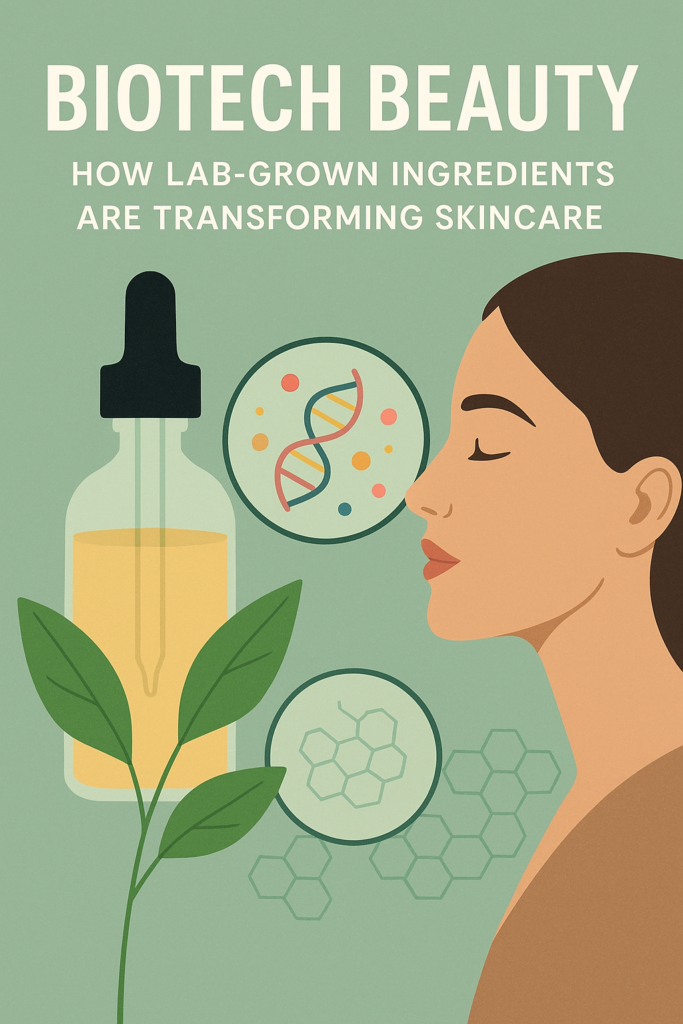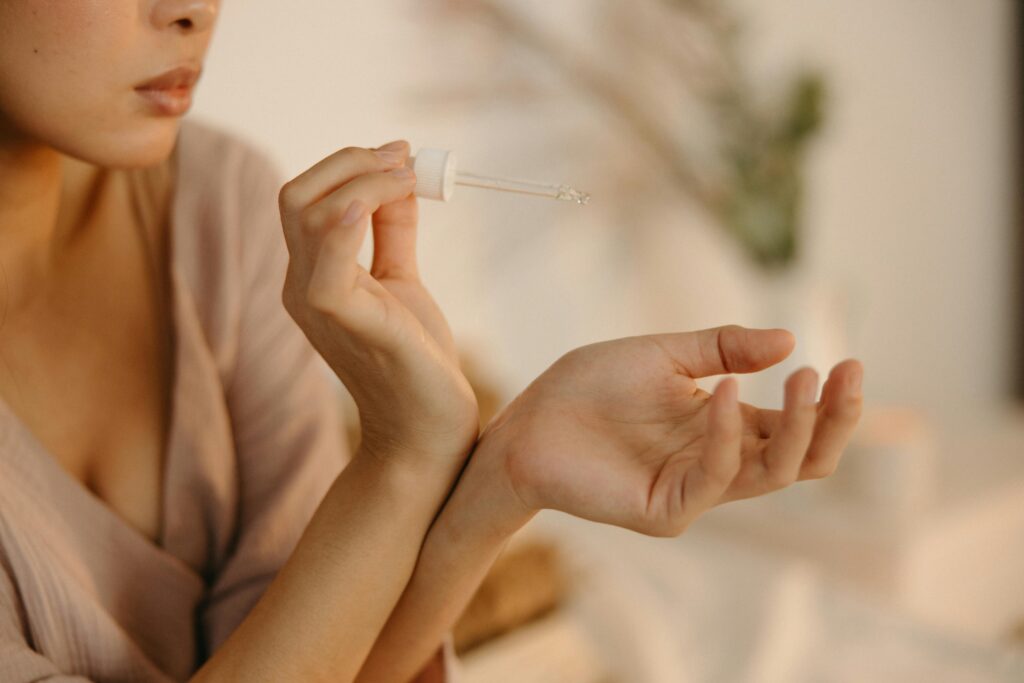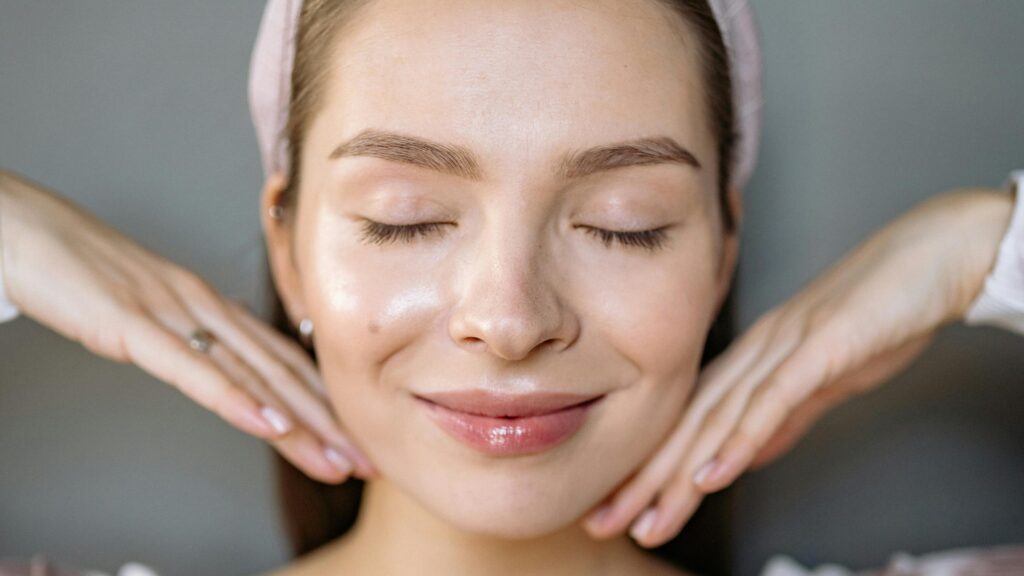The Rise of Biotech in the Beauty World
In recent years, the beauty industry has entered a new era where science and nature are no longer separate forces but powerful allies. Biotech beauty is at the forefront of this transformation, offering lab-grown ingredients that replicate, and in many cases enhance, the benefits of natural resources. Instead of over-harvesting plants, depleting marine ecosystems, or relying on synthetic chemicals with questionable long-term effects, biotechnology provides sustainable, ethical, and effective alternatives.
From lab-grown collagen to fermented hyaluronic acid, biotech beauty promises not only healthier skin but also a healthier planet. This article will take you on a deep dive into the world of biotech beauty, explaining what it is, how it works, the key ingredients reshaping skincare, and what the future holds for this exciting movement.
What Is Biotech Beauty?
Biotech beauty refers to skincare and cosmetic products that are powered by lab-created, nature-identical ingredients developed through biotechnology. Unlike synthetic chemicals created from petroleum or animal-derived extracts obtained through invasive practices, biotech ingredients are cultivated using scientific processes such as fermentation, cellular agriculture, and DNA sequencing.
These ingredients are:
- Nature-identical: Chemically the same as those found in nature.
- Sustainable: Require fewer natural resources and cause less environmental damage.
- Efficient: Can be produced at scale with consistent purity and potency.
In short, biotech beauty combines cutting-edge science with eco-conscious ethics, creating a skincare category that feels futuristic but is already transforming shelves today.
How Biotechnology Works in Skincare
Biotechnology in skincare relies on processes that have been used in food and medicine for decades. Let’s break down the main methods used:
- Fermentation Technology
- Microorganisms such as yeast, algae, or bacteria are “fed” sugars and nutrients in a controlled environment.
- They produce powerful skincare compounds such as hyaluronic acid, peptides, and antioxidants.
- Example: Many hyaluronic acid serums today are derived from fermentation rather than rooster combs (animal-derived).
- Cell Culture Technology
- Plant stem cells or skin-benefiting cells are grown in lab conditions.
- This creates bioactive compounds without cutting down forests or harming rare plants.
- Example: Lab-grown rose stem cells provide anti-aging effects without needing thousands of real rose petals.
- Precision Fermentation
- Uses genetic sequencing to instruct microorganisms to create specific proteins or molecules.
- Example: Lab-grown collagen produced without animal exploitation.
- Synthetic Biology
- Scientists “design” molecules inspired by nature but optimized for stability and effectiveness.
- Example: Sunscreen filters created to mimic coral-safe molecules.
Key Biotech Ingredients Transforming Skincare
1. Lab-Grown Collagen
- Traditionally derived from animals (fish or bovine sources).
- Now produced using fermentation with yeast or bacteria.
- Benefits: Improves elasticity, strengthens skin barrier, reduces fine lines.
- Ethical advantage: Vegan, cruelty-free, and sustainable.
2. Fermented Hyaluronic Acid
- Once extracted from rooster combs, now widely made through biofermentation.
- Provides deep hydration, plumping effect, and barrier repair.
- Eco-friendly, consistent quality, and safe for sensitive skin.
3. Biosynthetic Squalane
- Traditionally sourced from shark liver or olive oil.
- Now created through fermentation of sugarcane.
- Lightweight moisturizer, supports barrier repair, reduces water loss.
4. Lab-Cultivated Plant Stem Cells
- Extracted from rare plants without destroying ecosystems.
- Provide antioxidants, rejuvenation, and anti-aging properties.
- Popular in luxury serums and creams.
5. Peptides and Growth Factors
- Designed using precision biotech to stimulate collagen production.
- Used in anti-aging formulations, scar repair, and wound healing.
6. Microbiome-Friendly Ingredients
- Probiotics, prebiotics, and postbiotics created via biotech processes.
- Support skin balance, reduce acne, soothe sensitivity.
Why Biotech Beauty Is the Future of Skincare
1. Sustainability
- Reduces reliance on overharvested plants like sandalwood, rosewood, or frankincense.
- Protects marine life by avoiding shark-derived ingredients.
- Requires less land, water, and energy.
2. Consistency & Purity
- Lab environments eliminate toxins, pesticides, and pollutants.
- Every batch has the same potency—unlike natural extracts that vary with season or harvest.
3. Ethical & Cruelty-Free
- No need for animal testing or animal-derived raw materials.
- Vegan-friendly beauty becomes more advanced and inclusive.
4. Innovation-Driven
- Scientists can create new molecules that don’t exist in nature but are optimized for human skin.
- Example: Next-gen retinoids with less irritation but equal or better results.
Biotech Beauty Brands Leading the Movement
- Biossance – Known for sugarcane-derived squalane.
- Evoluskin – Specializes in biotech collagen.
- One Ocean Beauty – Uses marine biotechnology for skincare.
- Aethera Beauty – Powered by bioengineered antioxidants.
- Genomatica & LanzaTech (suppliers) – Creating biotech raw materials for cosmetics giants.
Consumer Perspectives – Is Biotech “Natural”?
Many consumers wonder: if it’s made in a lab, is it truly natural?
The answer: biotech beauty ingredients are identical to those found in nature at the molecular level. The only difference is that they are created in a lab without depleting resources or harming the environment. In fact, biotech is arguably more natural than traditional farming practices overloaded with pesticides, GMOs, and unethical sourcing.
The Future of Biotech Beauty – What’s Next?
1. Personalized Biotech Skincare
- DNA testing + biotech formulations tailored to individual genetic needs.
2. Lab-Grown Fragrances
- Replicating endangered flower scents without picking a single bloom.
3. Coral-Safe Biotech Sunscreens
- UV filters created to be effective yet ocean-friendly.
4. Anti-Aging at the Genetic Level
- Biotech peptides targeting cellular senescence for true age reversal.
5. Zero-Waste Production
- Closed-loop biotech systems where byproducts are recycled into new beauty ingredients.
How to Incorporate Biotech Beauty Into Your Routine
- Look for labels – “Lab-grown,” “biofermented,” “biotechnology-powered.”
- Check ingredient lists – Hyaluronic acid (fermentation-based), squalane (sugarcane-derived), collagen (vegan biotech).
- Start with serums – Most concentrated biotech skincare is found in serums.
- Combine with naturals – Biotech enhances natural routines without replacing them.
Conclusion – The Beauty of Science Meets Sustainability
Biotech beauty is not just a passing trend—it’s a revolution. By merging advanced science with environmental responsibility, biotech is reshaping skincare as we know it. With lab-grown ingredients, consumers can enjoy powerful results while protecting the planet.
In 2025 and beyond, biotech beauty will continue to grow, not only as a sustainable alternative but as the gold standard in effective, ethical skincare. The future of beauty is here, and it’s lab-grown.
Holistic Skincare
Holistic Skincare – Blending Traditional Remedies with Modern Science In the ever-evolving world of beauty,…
A Conexão Capilar Hormonal
The Hormonal Hair Connection – How Cycles, Stress, and Nutrition Affect Growth Hair is often…
Biotech Beauty – How Lab-Grown Ingredients Are Transforming Skincare
The Rise of Biotech in the Beauty World In recent years, the beauty industry has…
Natural Fragrance Oils vs. Synthetic Perfumes
Natural Fragrance Oils vs. Synthetic Perfumes – What’s Better for Your Skin? Perfume is often…
Herbal Face Steaming Rituals from Around the World
Herbal Face Steaming Rituals from Around the World – Detox, Relax, Glow In today’s fast-paced,…
The Crystal Skincare Trend – Beauty Tools Charged with Energy
In the ever-evolving world of beauty and wellness, a fascinating trend is capturing the attention…
Forest Beauty
Forest Beauty – How Nature-Based Rituals Like Shinrin-Yoku Enhance Skin and Mood In an age…
DIY Rice Water and Fermented Rinses
DIY Rice Water and Fermented Rinses – Do They Really Work for Hair Strengthening? In…
Caffeine for Hair Growth
Caffeine for Hair Growth – What the Science Says and How to Use It In…
Hair Loss After COVID
Hair Loss After COVID – Understanding Telogen Effluvium and How to Treat It Hair loss…
The Rise of Ayurvedic Hair Care in the U.S.
The Rise of Ayurvedic Hair Care in the U.S. – Herbs and Rituals for Stronger…
Scalp Health Is the New Skincare
Scalp Health Is the New Skincare – Treatments That Start at the Root In the…
The Retinol Revolution
The Retinol Revolution – Gentle Alternatives for Sensitive Skin Without Sacrificing Results Retinol has long…
The Power of Probiotic Skincare
The Power of Probiotic Skincare – Balancing the Skin Microbiome Naturally The term “microbiome” has…
Blue Light and Your Skin
Blue Light and Your Skin – The Hidden Damage of Screen Exposure and How to…
Slugging 2.0
Slugging 2.0 – Advanced K-Beauty Hydration Technique That’s Taking Over TikTok Beyond Basic Slugging In…
The Rise of Skin Cycling
The Rise of Skin Cycling – How to Build a Rotating Skincare Routine for Maximum…
Reflexology and Its Effects on Health and Beauty
Healing Through the Feet – Reflexology and Its Effects on Health and Beauty In today’s…
Natural Remedies for Skin Spots
Natural Remedies for Skin Spots – Little-Known Alternatives That Really Work Skin spots, also known…
Therapeutic Tattoos
Therapeutic Tattoos – How Tattoos Can Help Boost Self-Esteem for People with Scars Scars tell…
Functional Nutrition for Skin and Hair
Functional Nutrition for Skin and Hair – How Specific Vitamins and Minerals Impact Beauty Your…
Natural Hair Smoothing
Natural Hair Smoothing – Chemical-Free Alternatives for Sleek, Straight Hair For those seeking sleek, straight…
Skin Flooding
Skin Flooding – The New Intensive Hydration Technique for Radiant Skin The skincare world is…
Sunbathing and Collagen Production
Sunbathing and Collagen Production – How to Balance Sun Exposure Without Damaging Your Skin Sunlight…
Teas and Infusions for Glowing Skin
Teas and Infusions for Glowing Skin – Natural Recipes for Radiant Beauty The secret to…
How Sleep Quality Affects Beauty
How Sleep Quality Affects Beauty – Techniques to Improve Sleep and Skin We often hear…
Borage Oil for PMS and Skin
Borage Oil for PMS and Skin – How This Supplement Can Help Borage oil is…
Aromatherapy for Stress and Beauty
Aromatherapy for Stress and Beauty – Essential Oils That Balance Mind and Body Aromatherapy has…
Hormones and Skin Aging
Hormones and Skin Aging – How Balancing Hormones Can Improve Appearance Aging is a natural…
Ancestral Beauty
Ancestral Beauty – Natural Techniques Used by Different Cultures Throughout History Beauty has been an…
Facial Yoga Against Wrinkles and Sagging
Facial Yoga Against Wrinkles and Sagging – Exercises to Keep Your Skin Firm Facial Yoga…
Benefits of Ice for Toning and Circulation
At-Home Facial Cryotherapy – Benefits of Ice for Toning and Circulation Benefits of Ice for…
Colloidal Silver for Skin
Colloidal Silver for Skin – Antimicrobial Properties and Acne Benefits The search for natural and…
Sandalwood in Your Beauty Routine
Sandalwood in Your Beauty Routine – How This Wood Can Invigorate and Rejuvenate Your Skin…
How to Adapt Your Skincare Routine According to the Menstrual Cycle
How to Adapt Your Skincare Routine According to the Menstrual Cycle Skincare Routine According to…
Inversion Method
Inversion Method – Viral Technique for Accelerated Hair Growth In recent years, various natural techniques…
Rosemary Oil to Stimulate the Scalp
Rosemary Oil to Stimulate the Scalp In recent years, rosemary oil has gained popularity as…
Effect of Stress on Hair
Effect of Stress on Hair – How Stress Causes Hair Loss and How to Prevent…
Rice Water for Hair Strengthening
Rice Water for Hair Strengthening: Benefits, How to Use, and Exclusive Tips Rice Water for…
Hair Growth Cycle
Hair Growth Cycle: Understand the Phases and How to Stimulate It Hair Growth Cycle: Understand…
